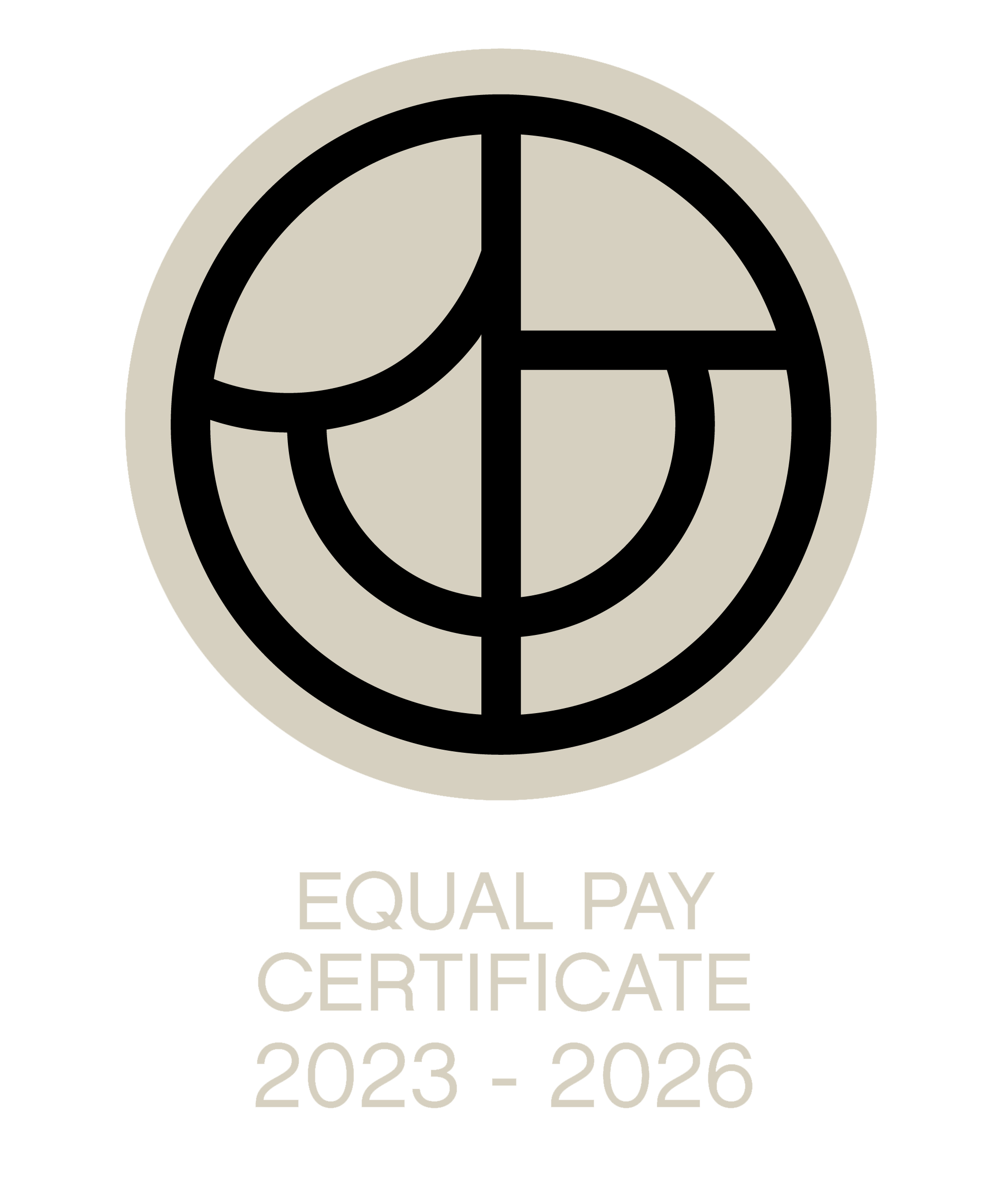Mette-Louise Klinge Linneberg will defend her master's thesis in Environmental Changes at Higher Latitudes, "Assisted development of biological soil crust for ecosystem restoration in Iceland" at the Faculty of Environmental & Forest Sciences at the Agricultural University of Iceland.
Mette-Louise’s supervisors are professor Ása Aradóttir and professor Alejandro Salazar Villegas, Agricultural University of Iceland and Matthew Bowker at Northern Arizona University.
The examiner is Lettice Hicks, from Lund University.
The master's defence will take place on Monday, May 26th 2025, at 1 PM on Teams. The defence is open to everyone and is presented in English. Link to the Teams meeting.
Abstract
Biological soil crust (biocrust) is an important ecosystem engineer that enhances soil function, stability, and fertility, and can facilitate the establishment of vascular plants. It may therefore play a key role in combating soil degradation and restoring ecosystems.
In this study, the potential for supporting biocrust formation on Icelandic soils was tested using three treatments: cyanobacteria (Nostoc commune), crushed natural biocrust material, and synthetic fertilizer (n=5), applied to soil from degraded land under controlled laboratory conditions over 6 months. All treatments, including untreated controls, developed visible biocrust characteristics such as mosses, extracellular polysaccharide-based gel, and black spots (cyanobacterial colonies). The crushed biocrust and fertilizer treatments resulted in, on average, 1.2 times greater biocrust cover (>100%) than the control and 2.1 times greater than the cyanobacteria inoculation treatment. Interestingly, the control performed better than the cyanobacteria inoculation, suggesting that propagules were already present in the soil and that the laboratory environment itself promoted biocrust development. Soil fertility, measured as total carbon and nitrogen in the top 1 cm of soil, was 1.3 times higher in the crushed biocrust treatment (the highest) compared to the fertilizer treatment (the lowest), which may be due to fertilizer inhibiting nitrogen fixation by cyanobacteria.
The results indicate that applying crushed biocrust may be a promising method to accelerate biocrust formation on eroded areas.






